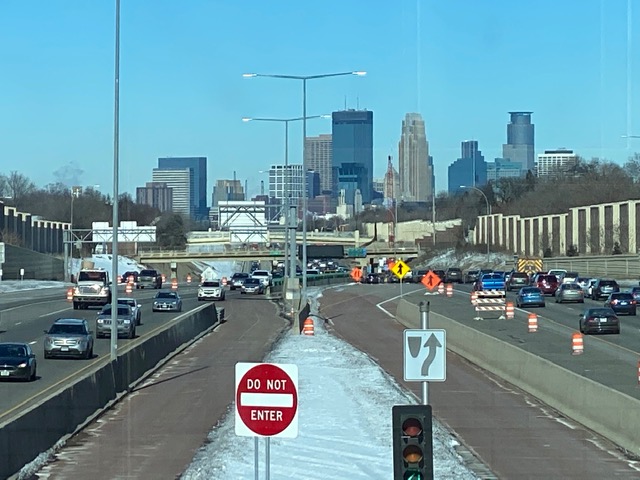[VIRTUAL] Walking Tour: Third Wave of Linden Hills Development
We are in a new era in which any property in the neighborhood is a potential site for new construction, up to three units per lot. We will view recently-built examples alongside houses from the late 19th century through what was presumed to be the full “build-out” of Linden Hills in the 20th century. What […]


